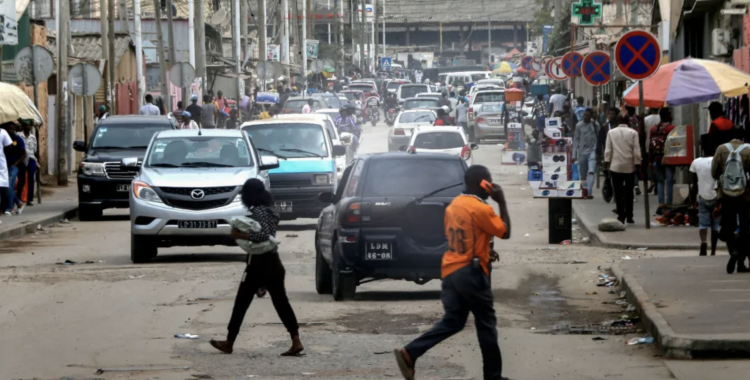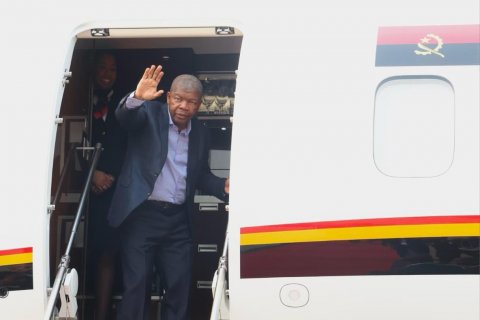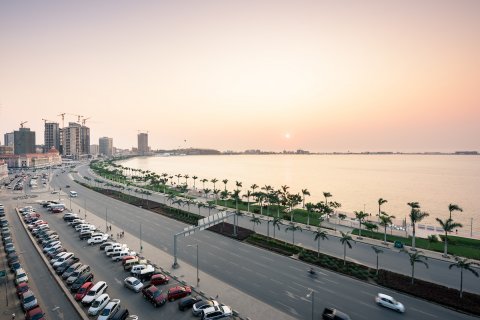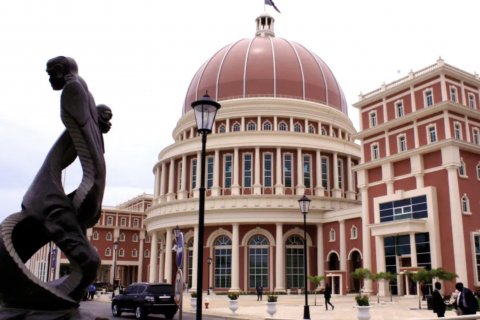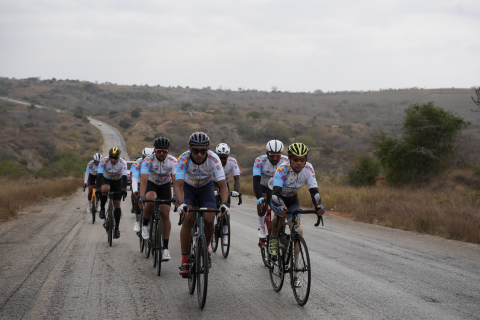"Angola can benefit from the summit if Angolan businesspeople are prepared (for it) and have some bargaining chips to offer. Our business environment has discouraged foreign investors from investing in Angola," analyst Osvaldo Mboco told Lusa.
The international relations specialist believes that the country "can only benefit greatly [from this summit] if it has its house in order in terms of legal guarantees for investments."
Because "if American businesspeople invest in the country, they can project an image to the world that Angola is a good country to invest in," he stressed.
From 22 to 25 June, Luanda will host the 17th edition of the US-Africa Business Summit, the most important business forum between the United States and the African continent, with the Lobito Corridor, which has strong US investment, among the highlighted topics.
For Crispin Senga, also an expert in international relations, "the Angolan economy is not in a position to attract foreign investment (...) mainly due to corruption, which still reigns in the country, insecurity and lack of communication channels".
The analyst warns that as long as Angola continues "to prioritise the country's image abroad and let its internal image drift, it will be difficult to achieve great results".
The consolidation of Angola's image in the international system must initially be done internally, he insisted, stating: "We need to organise ourselves internally so that foreign investors find a friendly [business] environment that allows them to stay".
Osvaldo Mboco, also interviewed by Lusa about this summit, highlighted that the United States of America (USA) has shown very clear signs that it maintains interests in controlling areas of commercial influence in Africa, especially with its AGOA (African Growth and Opportunity Act) trade programme and AFRICON.
He believes that African countries have not taken advantage of the opportunities offered by AGOA, highlighting that, in relation to Angola, the US has shown growing interest not only in the oil sector, but also in infrastructure, particularly with the Lobito Corridor.
This analyst also highlighted that the improvement of the business environment in Angola should boost relations between Angola and the US in non-oil sectors, and even believes in the installation of manufacturing units, despite it being a "difficult task given the production requirements".
Regarding the opportunities of this summit in Luanda, Crispin Senga believes that these "do not depend on the President of the Republic, as the main driving force behind Angola's foreign policy, but rather on Angolan businesspeople to establish partnerships that aim to "boost the economy and reduce the high unemployment rate".
He added that the US, unlike China and Russia, has its own criteria for relations with African states, focused on values such as the promotion of democracy, free markets, human rights, good governance and the fight against corruption.
More than 1500 participants — including Heads of State from at least seven countries, African Prime Ministers and Ministers, senior US Government officials and business leaders from both continents — are expected at the US-Africa Summit, co-organised by the Corporate Council on Africa (CCA) and the Government of the Republic of Angola.
The speakers will address the development of trade, investment and economic partnerships in sectors such as energy, infrastructure, health, digital technologies, agribusiness, creative industries and critical minerals.

